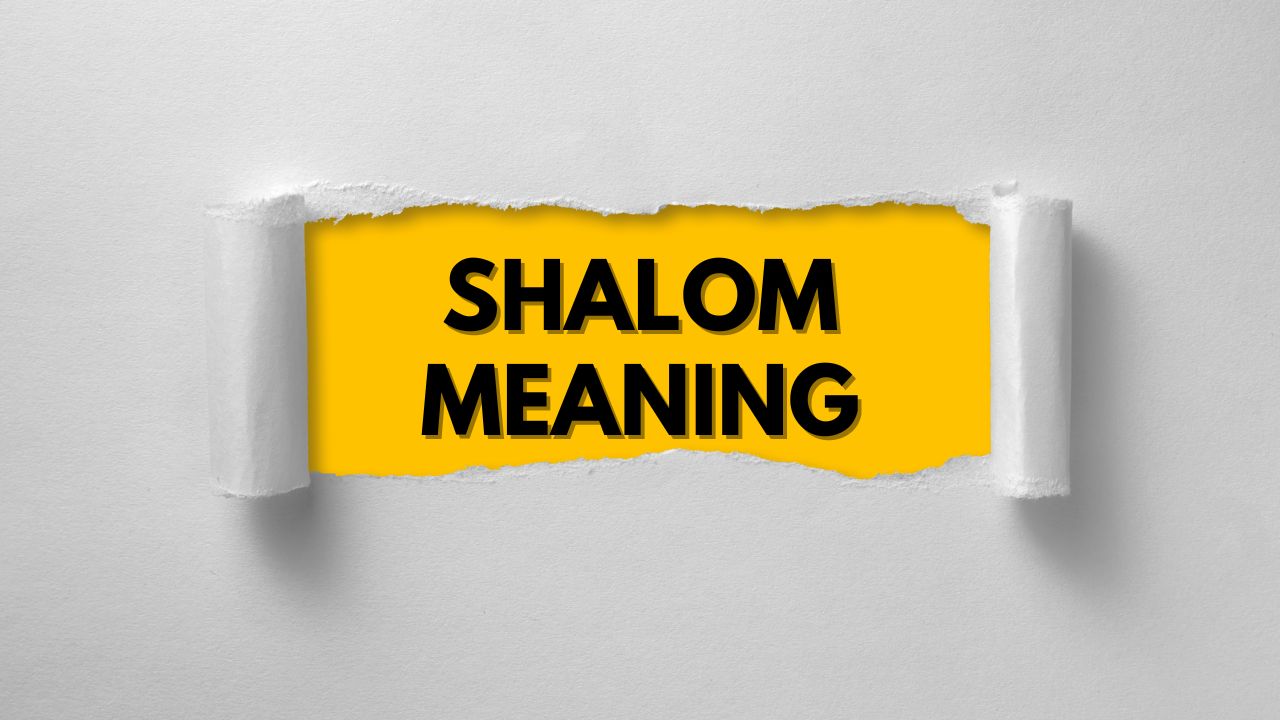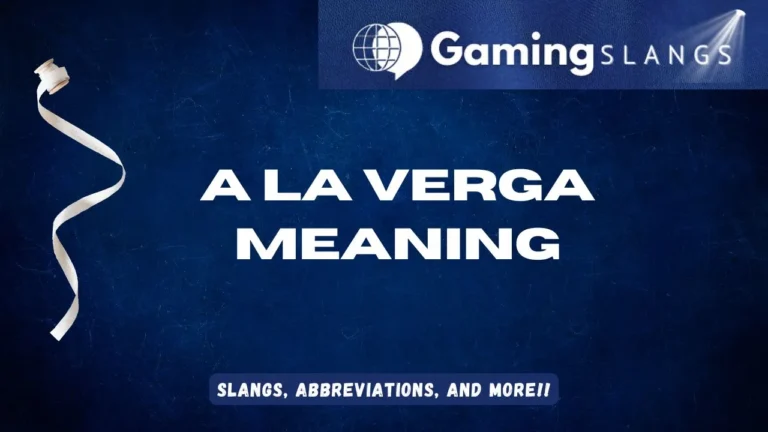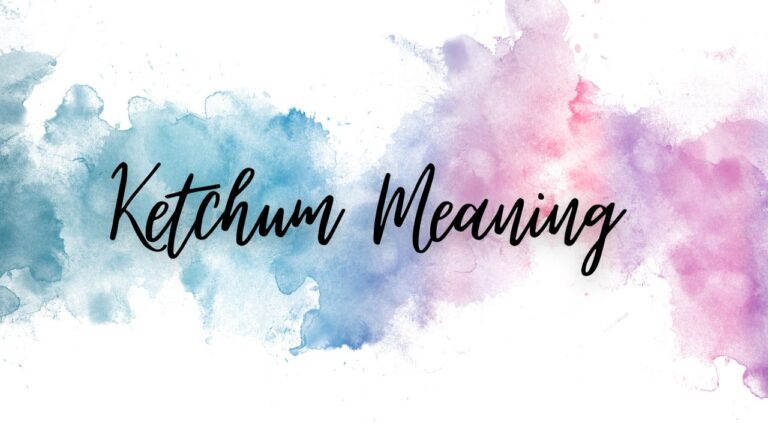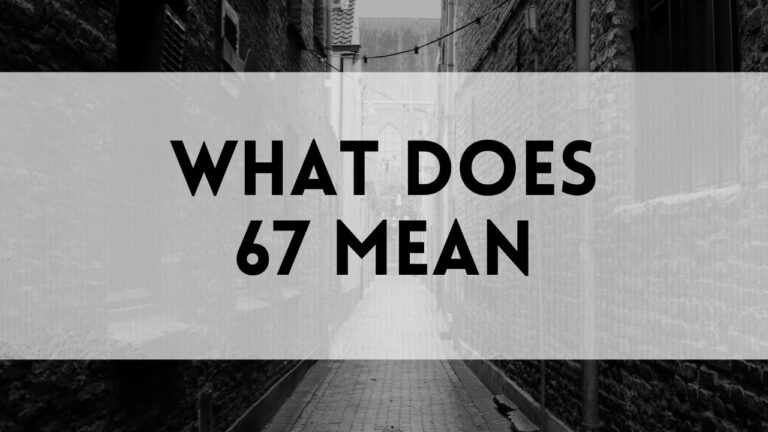I found out that the word “shalom” is very old. It came from the Hebrew language, which people spoke in the Bible thousands of years ago.
The Bible was first written in Hebrew, and it used the word “shalom” many times. This shows that the shalom meaning is not new. It has been important for a very long time.
Today, many people still say “shalom” even if they don’t speak Hebrew. It has become a word for peace all over the world. This shows how one word can travel across time and place.
What Does “Shalom Meaning” Mean?
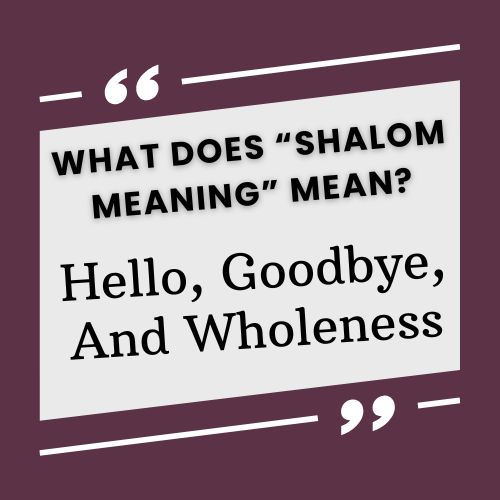
I remember the first time I heard the word “shalom.” I was watching a movie where two people said “shalom” instead of goodbye. I got curious. Later, I learned that “shalom” is a Hebrew word. People in Israel use it every day. But it’s not just a way to say hello or goodbye. The shalom meaning is much deeper.
“Shalom” means peace. But not just peace like no fighting. It means peace in your body, mind, family, and community. It also means feeling safe and whole. I found that the word comes from the root “shalem,” which means “complete” or “whole.” That helped me understand that shalom meaning is about being complete in life, not just calm.
People often say “shalom” when they meet or when they leave. But it is more than a greeting. It is a wish. When someone says “shalom,” they are saying, “I want you to be well. I hope your life is full and safe.”
This word carries love, care, and respect. That’s why learning about the shalom meaning changed the way I speak to others and how I look at peace in my own life.
Read more: bbl meaning
How is “shalom” used in daily life?
When I visited a synagogue, people greeted me with “shalom.” It felt warm and welcoming. That day, I learned that the shalom meaning shows up in daily life in many ways.
Here are some ways people use “shalom” every day:
- Saying “shalom” when meeting someone
- Saying “shalom” when leaving
- Praying for “shalom” in homes and cities
- Wishing “shalom” during holidays
A teacher told me that saying “shalom” is like giving a gift. You are wishing peace to someone else. In my own life, I started using the word more often. When I say “shalom” to a friend, I feel like I am showing care.
In schools, homes, and even stores, people say “shalom” to show kindness. That means the shalom meaning is active. It is not just a word it is something we do. We show it when we are kind, fair, and gentle.
I believe if more people used this word and lived by it, the world would be a much kinder place.
Why is “shalom” important in religion?
I read in a book that “shalom” is a big part of Jewish life. It is in many prayers. One famous prayer says, “May God bless you with peace.” That word for peace is “shalom.” This shows the shalom meaning is holy.
In the Torah, which is the Jewish holy book, God is called “God of Peace.” That means peace is part of how people understand God. I once asked a rabbi why “shalom” matters so much. He said, “Without peace, we can’t enjoy anything. Not even food, family, or prayer.” That made sense to me.
Christians and Muslims also respect the idea of peace. In the Bible, Jesus greeted people with peace. In Islam, people say “salaam,” which comes from the same root as “shalom.” That means many people, from different faiths, respect the shalom meaning.
What is the difference between “shalom” and just “peace”?
Before I studied this, I thought peace only meant “no war.” But then I saw that the shalom meaning is much more. Peace can mean no noise or no fighting. “Shalom” means that, but it also means being healthy, happy, and whole.
Let me explain it this way:
- Peace can mean silence.
- “Shalom” means safe, full, and calm in all ways.
- Peace is outside us.
- “Shalom” is outside and inside us.
One day, I had a bad day at school. I came home and sat quietly, but I didn’t feel peace. That’s when I understood the difference. Quiet doesn’t always mean peace. My mom hugged me and said, “I want you to have shalom.” That word felt deeper. It made me feel cared for.
The shalom meaning is about more than the world being calm. It’s about hearts being calm, families being close, and people helping each other.
That’s why I think “shalom” is a better word than just “peace.”
Can “shalom” change how we treat others?
After learning about “shalom,” I began to change how I speak. I used to say “goodbye” and walk away. Now, I say “shalom,” and I mean it. I want others to feel good and safe. The shalom meaning taught me to think about others, not just myself.
Here’s how “shalom” changed me:
- I listen more
- I speak more gently
- I forgive faster
- I share more
I once had a fight with my cousin. We both got upset. Later, I remembered the meaning of “shalom.” I went to her and said, “I want peace between us. I want shalom.” She smiled and gave me a hug. That moment made me believe in the power of this word.
“Shalom” reminds us to be fair, kind, and patient. It helps us stop fights before they grow. It teaches us to care more.
The shalom meaning is like a rule for how to live. If we follow it, we make life better for ourselves and for others.
Read more: opel meaning
How do leaders use “shalom” in public life?
I watched a speech from a leader who ended with the word “shalom.” It surprised me. I didn’t know world leaders used that word too. But now I know that the shalom meaning is used in many places, not just at home or in prayer.
Leaders talk about peace all the time. But when they say “shalom,” they are asking for more than no war. They are asking for full healing between people.
In some peace talks, leaders from different nations use “shalom” to show they want true friendship. Some even say it in letters and agreements.
In schools and community centers, people write the word “shalom” on walls. They say it reminds them of what they’re working for.
How can I bring “shalom” into my own life?
After everything I’ve learned, I try to live the shalom meaning every day. It’s not always easy, but I try. I think about how I speak, how I act, and how I treat others.
Here are small things I do:
- Say kind words
- Say “shalom” when I greet or leave
- Help someone who is sad
- Stay calm in hard times
- Try not to fight
When I wake up, I say a small prayer. I ask for peace in my heart and peace in my home. That helps me start the day with a calm mind. When things go wrong, I take a deep breath and say, “shalom.” It helps me feel strong.
I’ve also taught my little brother the word. Now he says it when he feels worried. That makes me happy.

